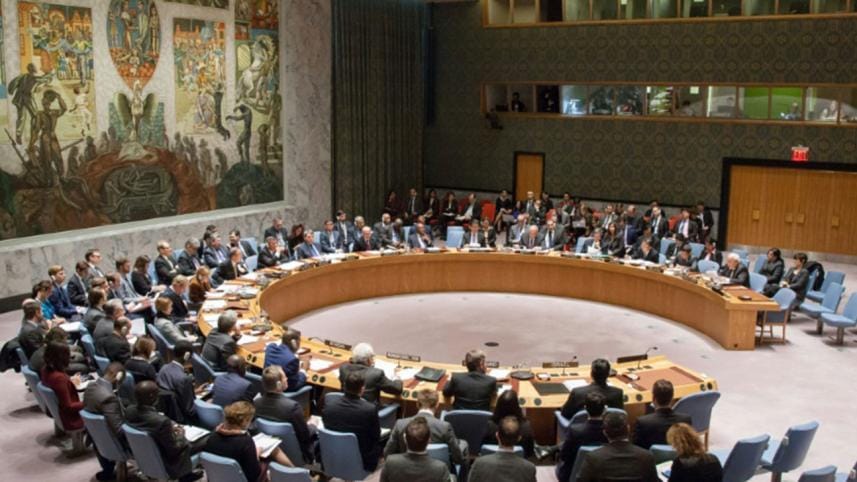Microsoft tells UN more can be done to combat digital terror

Microsoft told the United Nations yesterday that technology companies can do more to combat digital terror, but warned there was no single solution to prevent terrorists from using the web.
"There is no silver bullet that will stop terrorist use of the Internet," Microsoft's vice president Steven Crown told a special Security Council debate on counter-terrorism.
It was the first time an IT company addressed the Security Council, which has been increasingly concerned by the use of the Internet and social media by jihadists such as the Islamic State group.
Crown said the challenge posed by terrorism on the web was daunting but that the industry was willing to discuss ways to counter "misuse of our technologies to spread violence, to destroy and to kill."
"We know that there are tens of thousands of terrorist Internet accounts that refuse to die. As one is taken down, another quickly springs up in its place," he said.
During the 15 minutes that followed the Paris attacks in November, there were 7,500 tweets and within two weeks, one million views of videos on the Internet praising the attacks, he said.
"Any technology can be used for good or for evil," said Crown.
"This was true of fire -- think of arson - of gunpowder, of the printing press and it is also true of our information technology products and platforms."
Microsoft and other ICT companies are taking part in a new initiative under the UN's counter-terrorism committee to agree on ways to address the threats, he said.
Industry response
The Microsoft official likened the new cooperation in the diverse sector to the joint effort to combat child pornography on the Internet.
"Microsoft services and Microsoft the company are different from Google, which is different from Facebook, which is different from Twitter," he said.
"We compete fiercely at times, incredibly fiercely, but we have come together when our platforms are misused."
He suggested that steps could be taken to make it easier for governments to report to companies any misuse of the Internet and to help them with investigations.
Crown warned, however, that respect for the rule of law, human rights and upholding freedom of expression must be a "foundation" for any action.
"Our activities in this realm must be principled, but we must press beyond what we are doing today," he said.
A UN report last year raised alarm about the "growth of high-definition digital terror: the use of propaganda, primarily by Islamic State and its sympathizers, to spread fear and promote their distorted ideology."
IS recruiters have made savvy use of the Internet and social media to build up the group's pool of foreign fighters.
About 30,000 foreign fighters have flocked to Syria, Iraq and other countries to join the ranks of jihadists.
 For all latest news, follow The Daily Star's Google News channel.
For all latest news, follow The Daily Star's Google News channel.
Comments